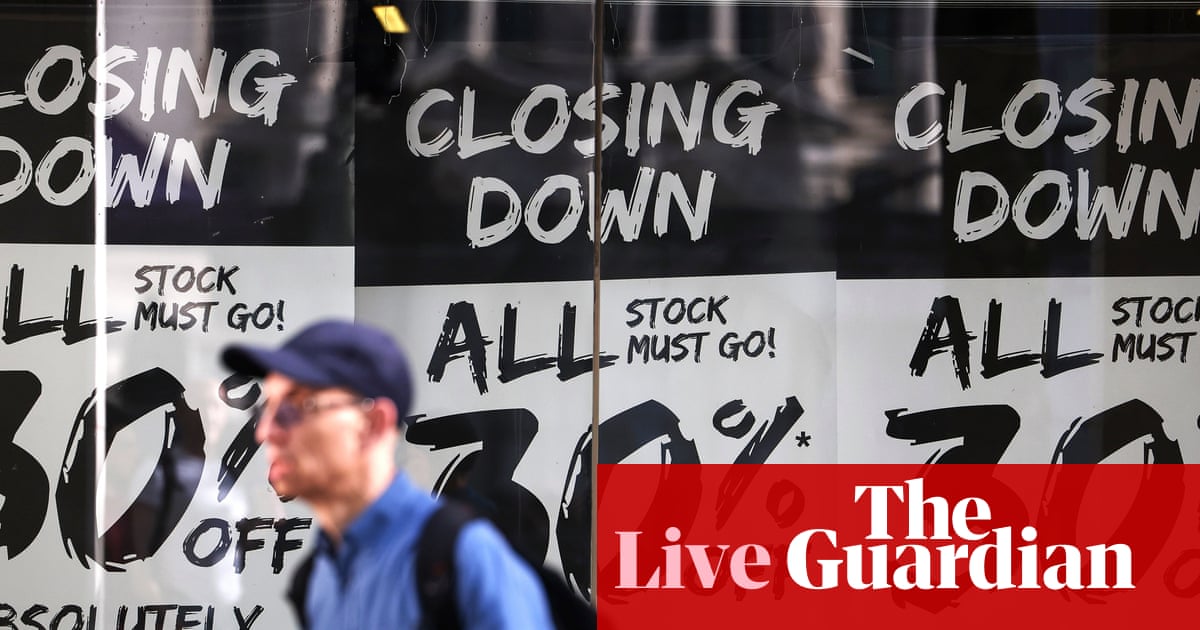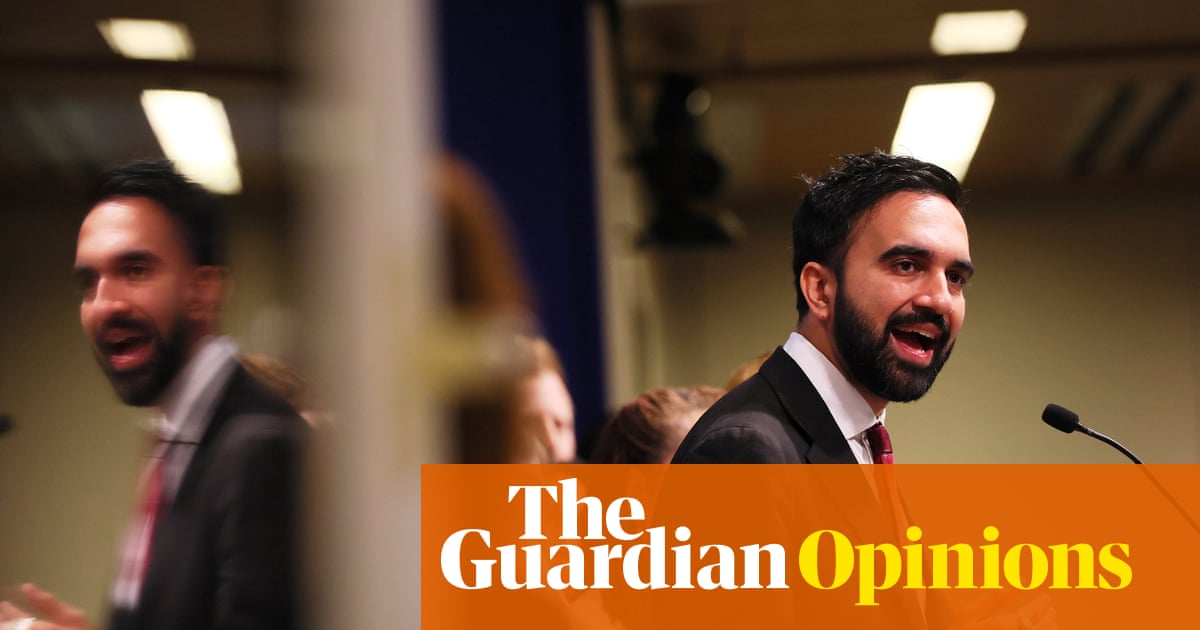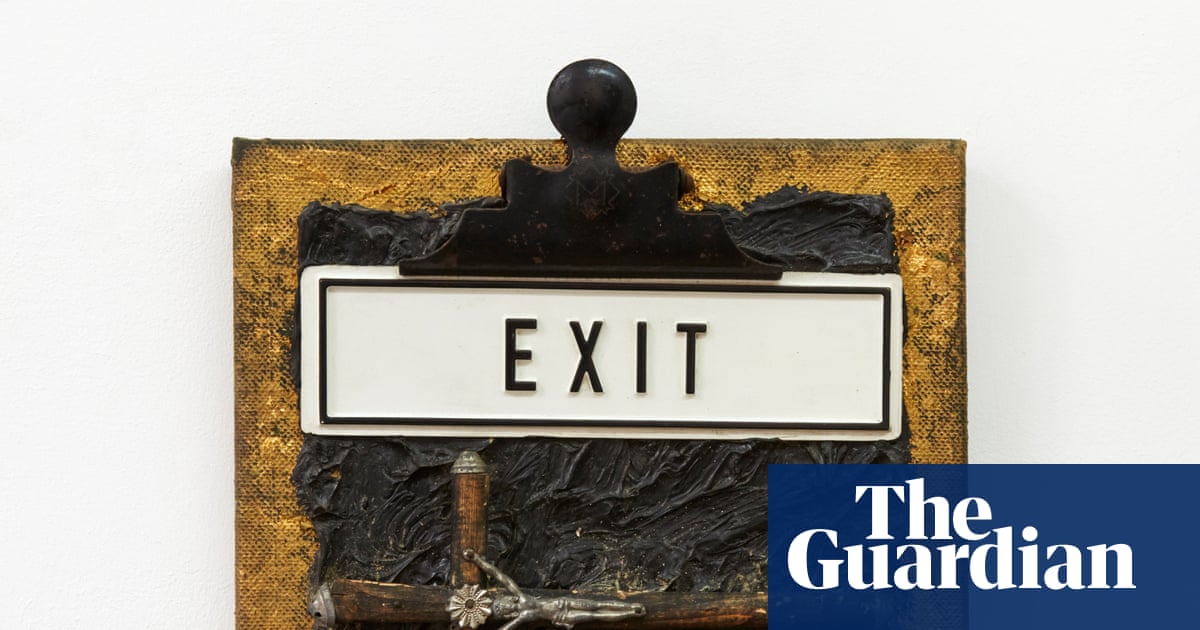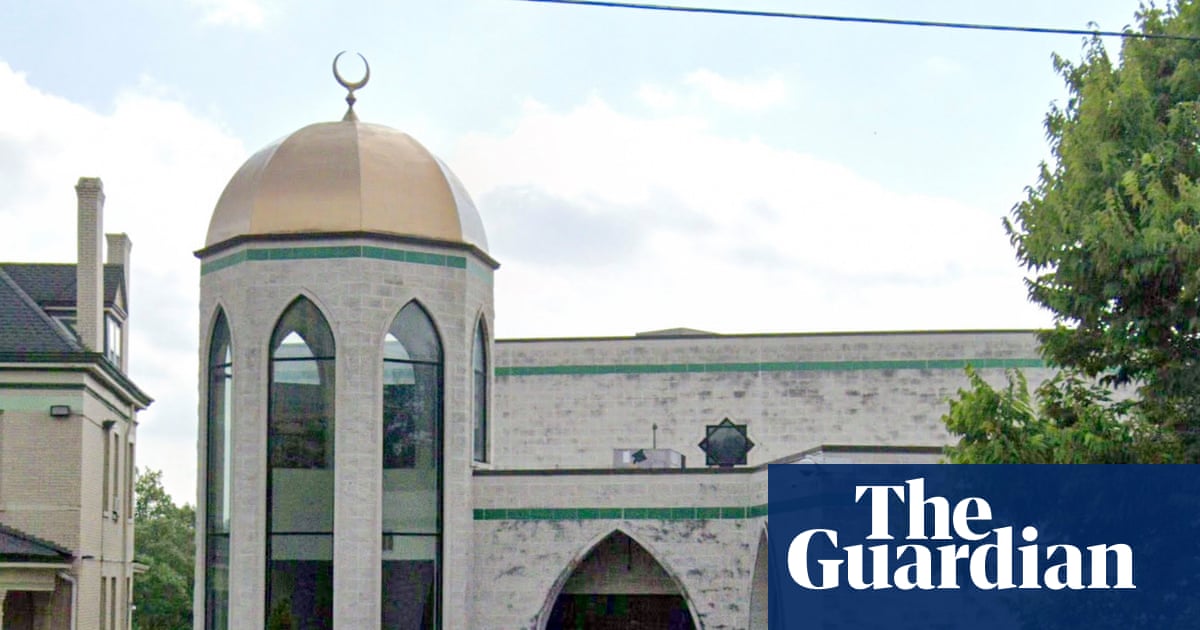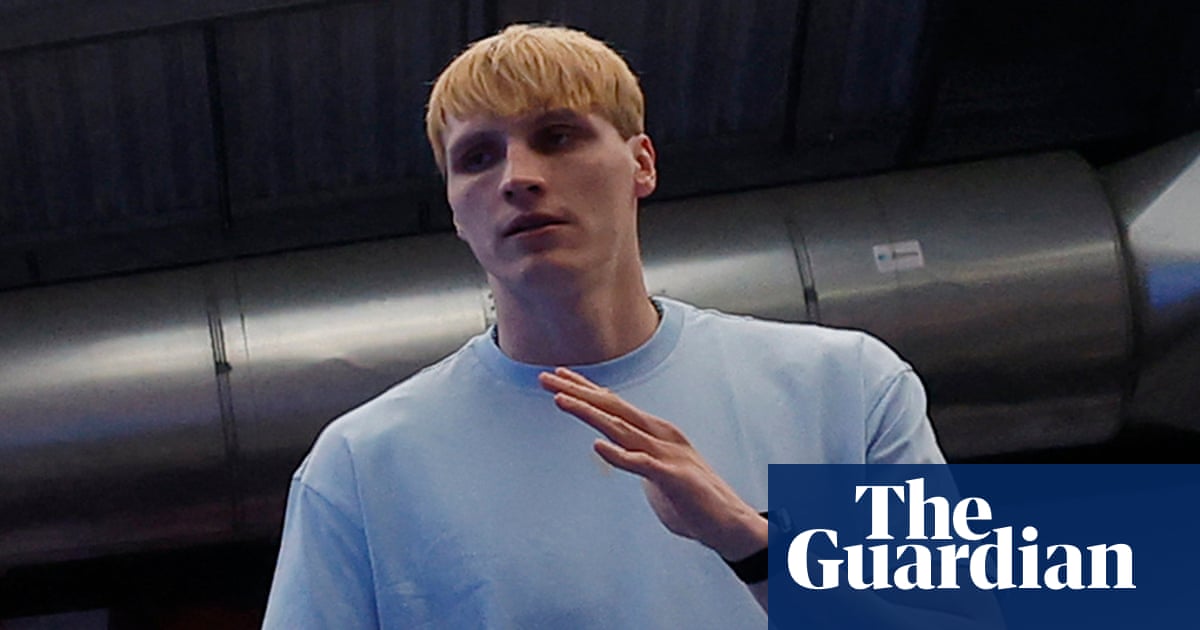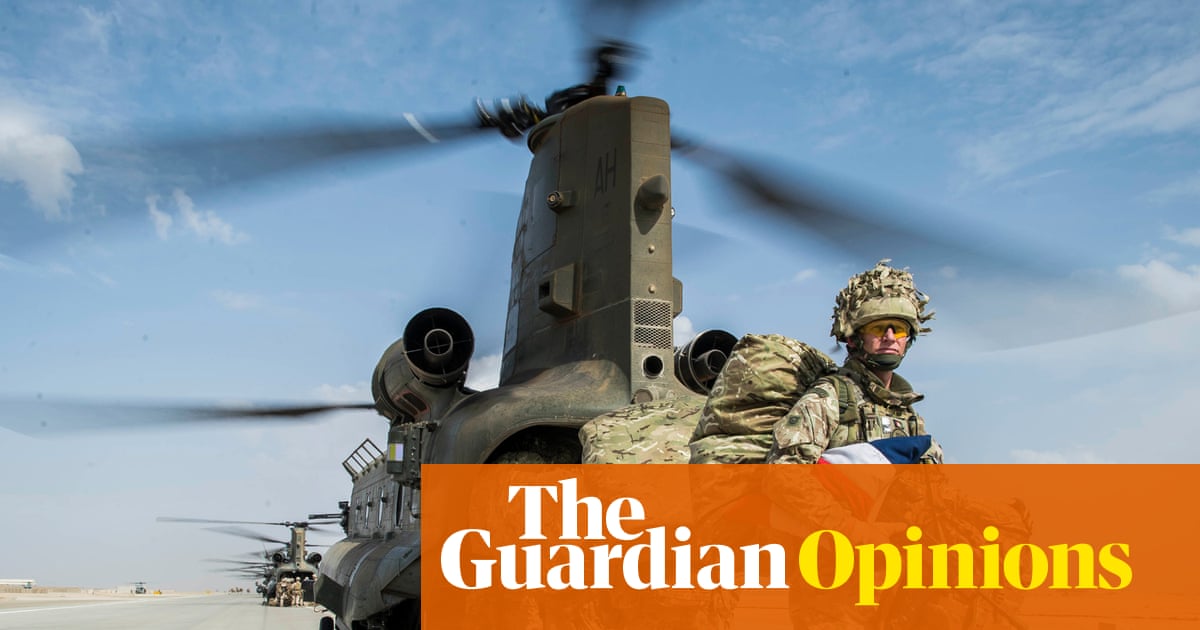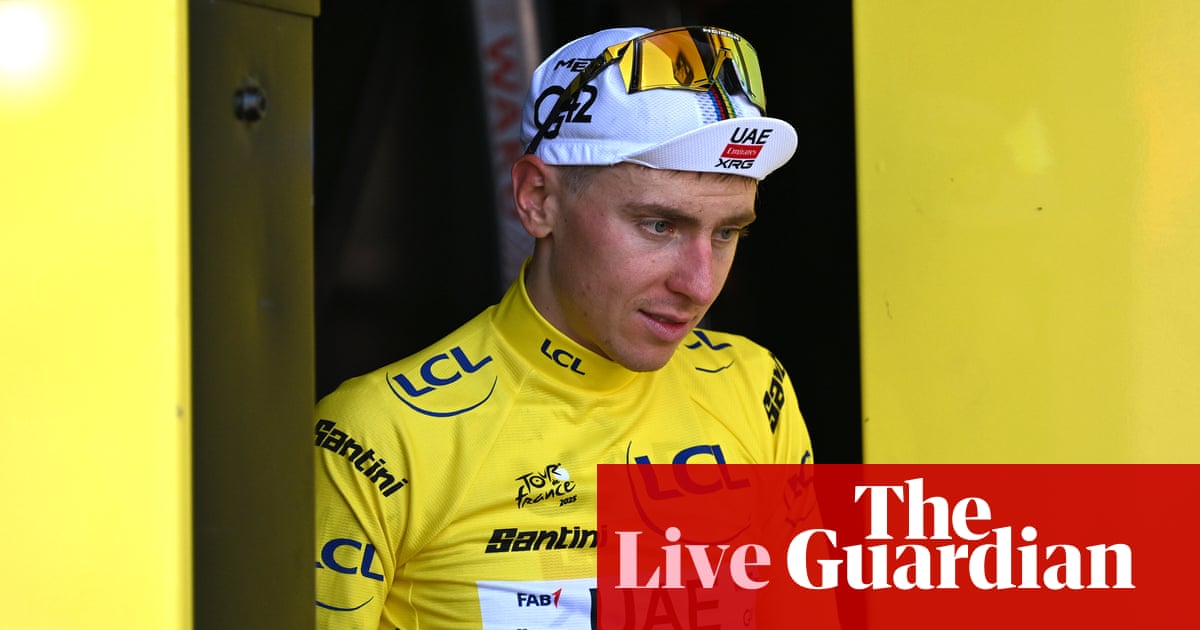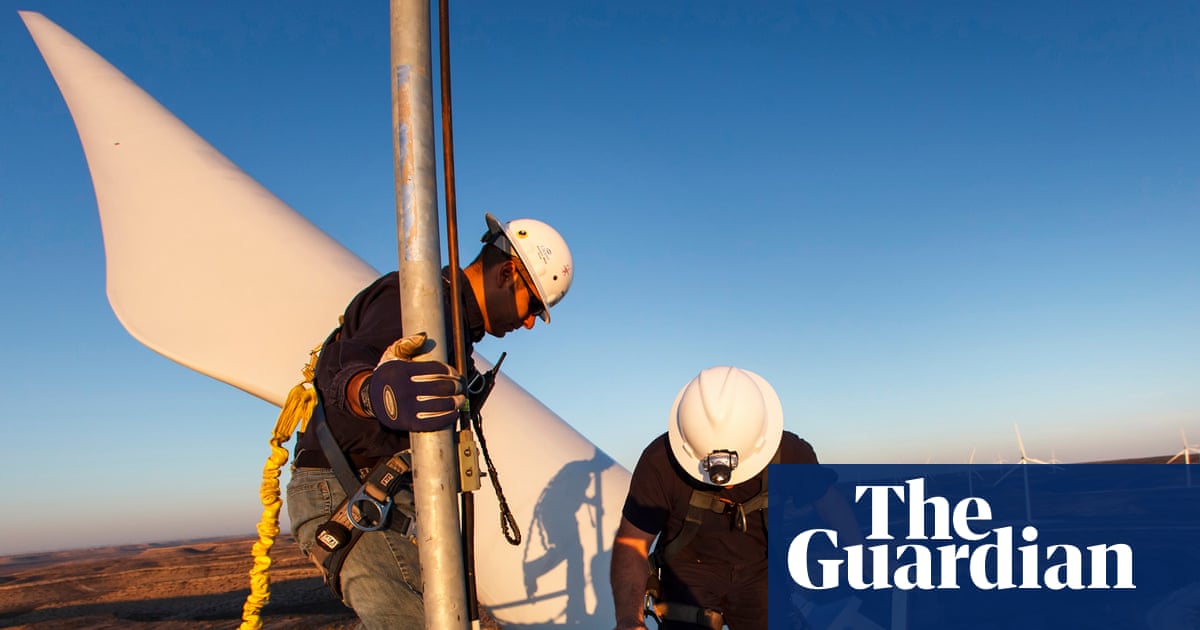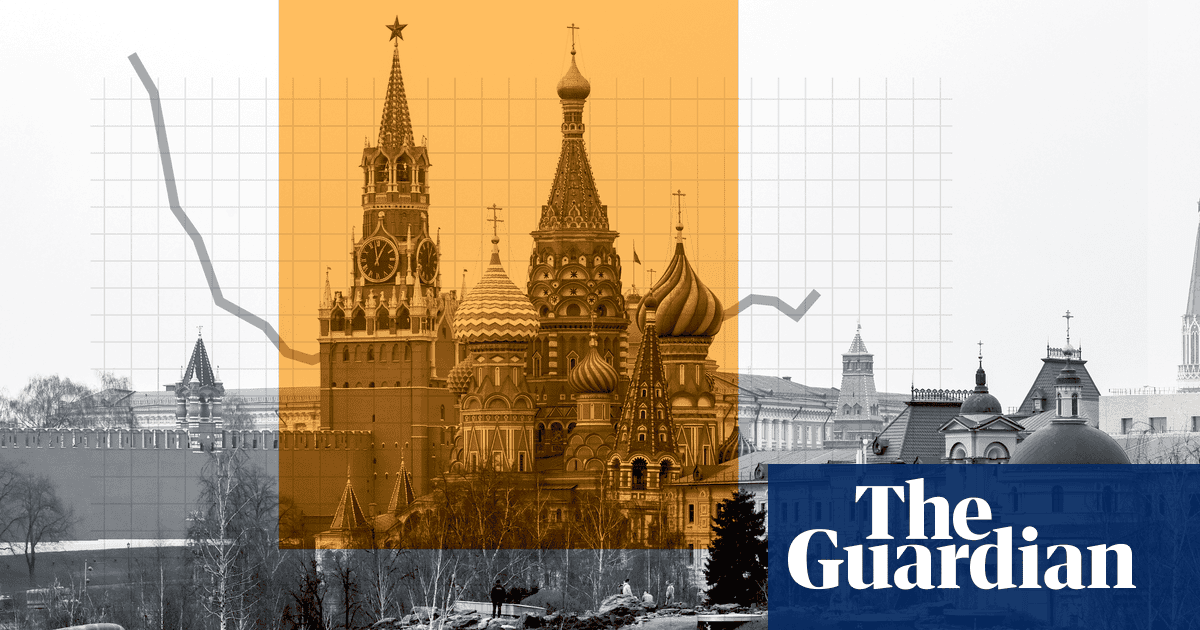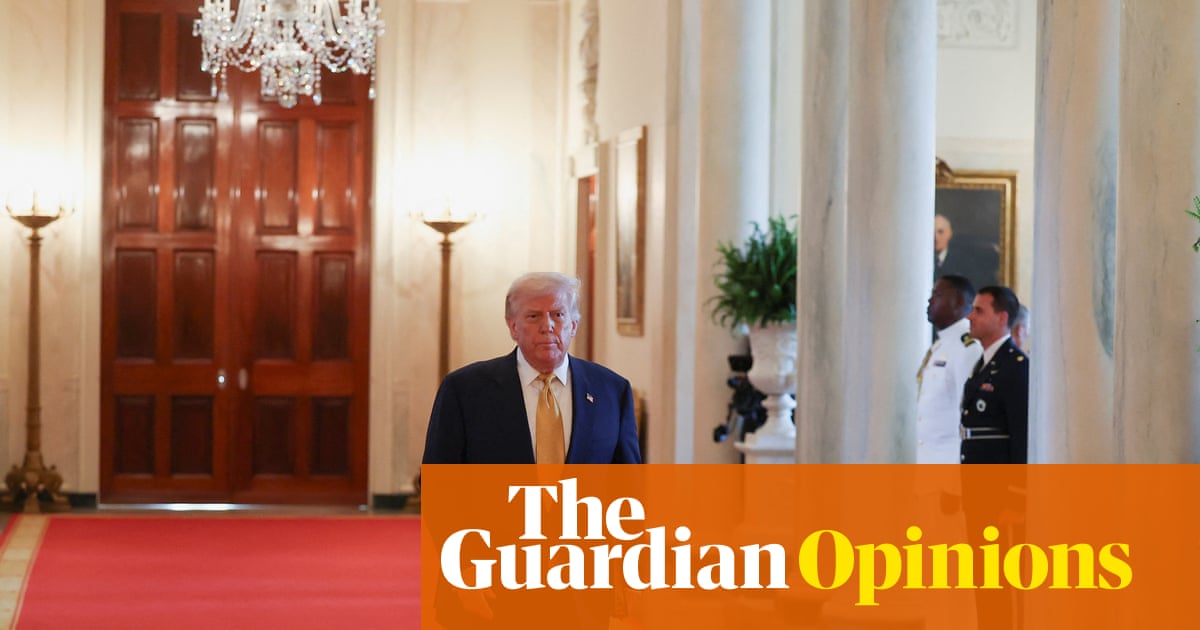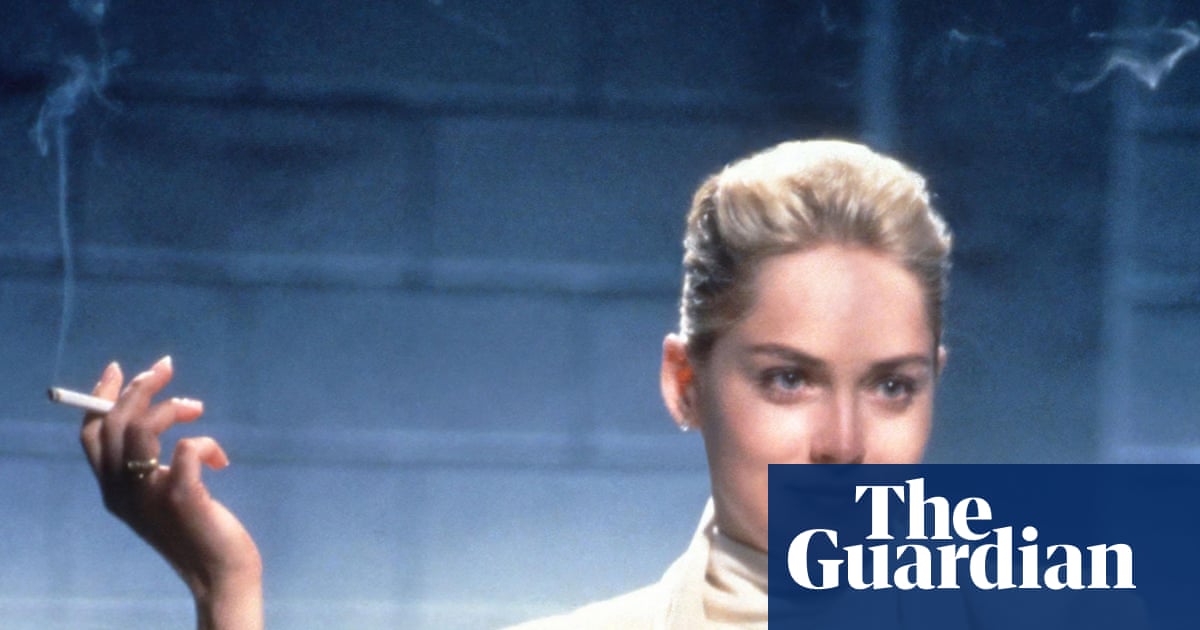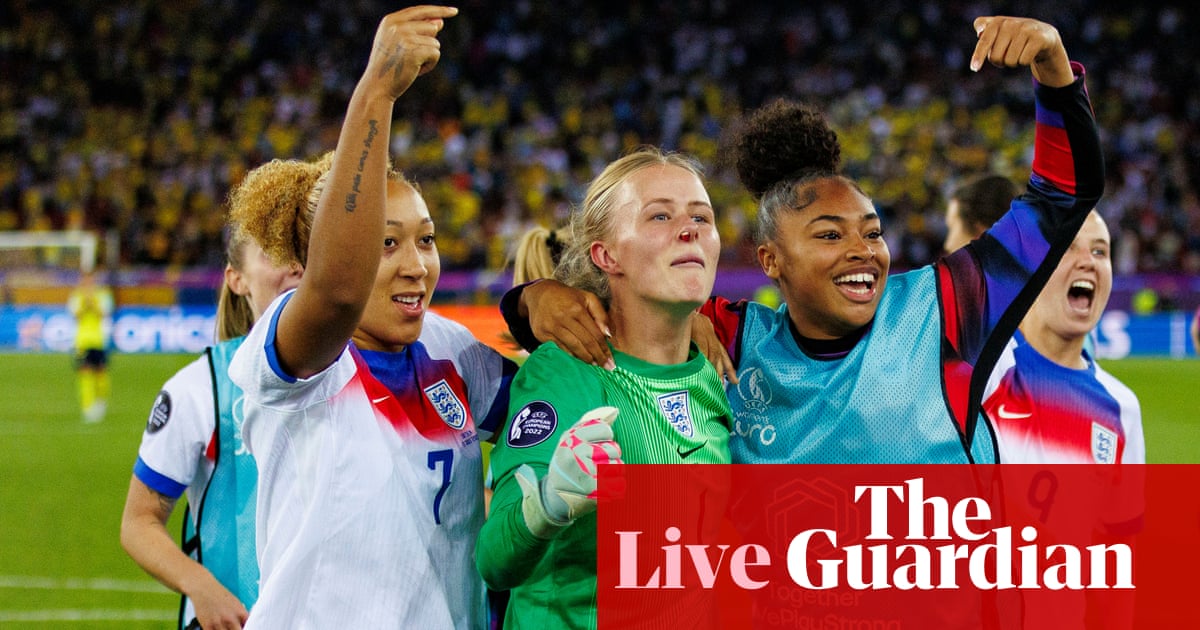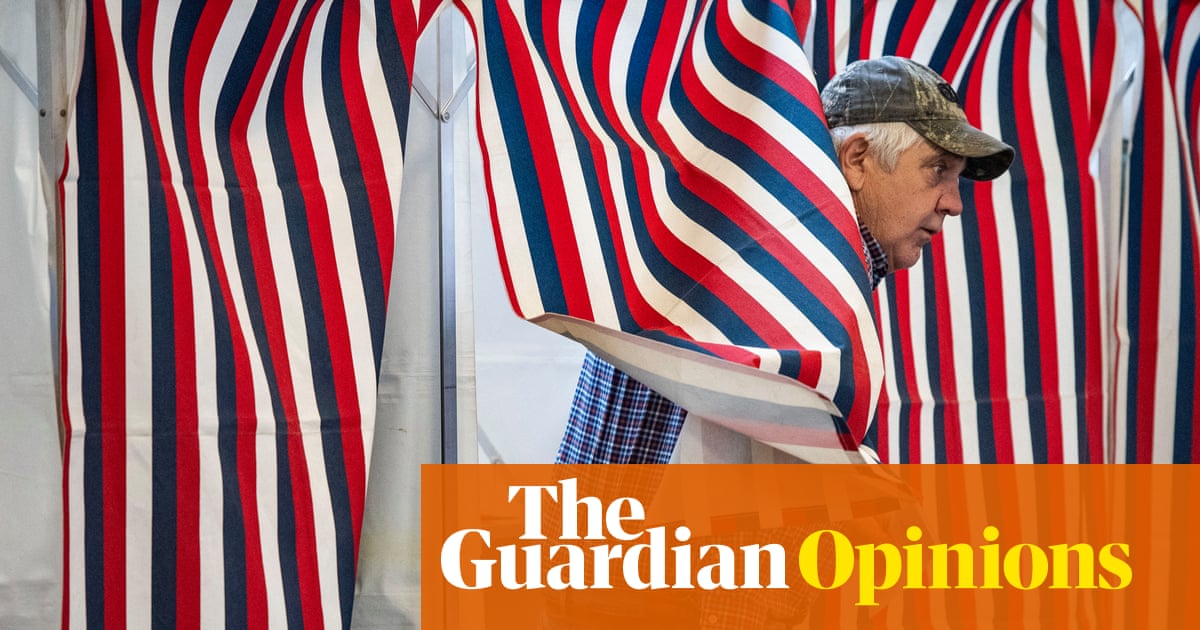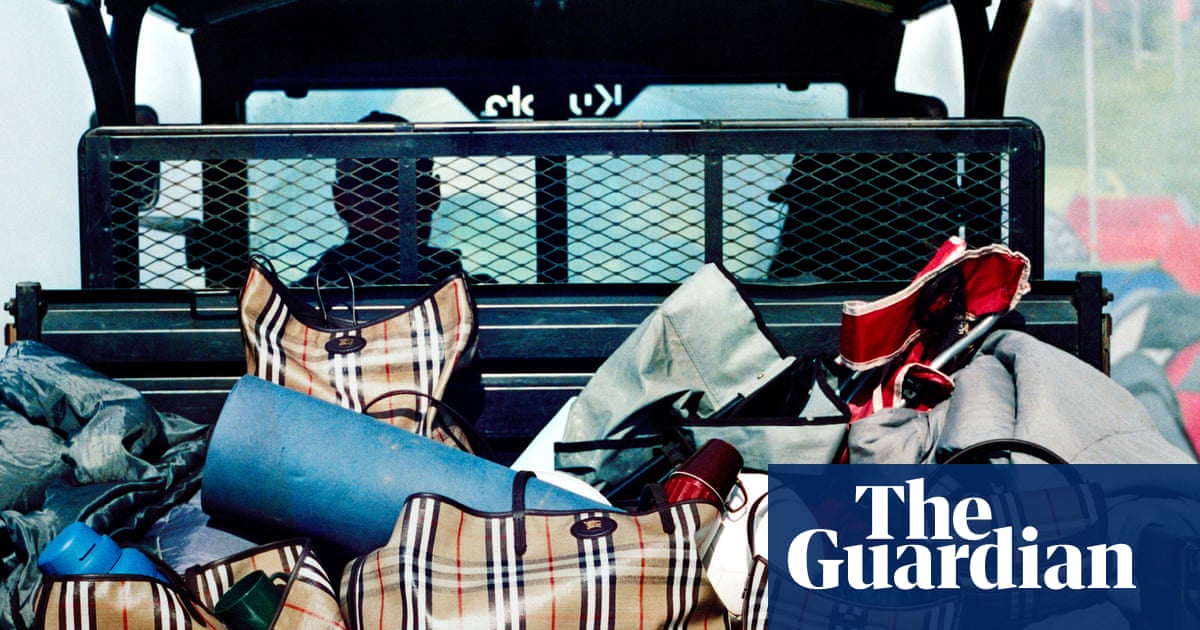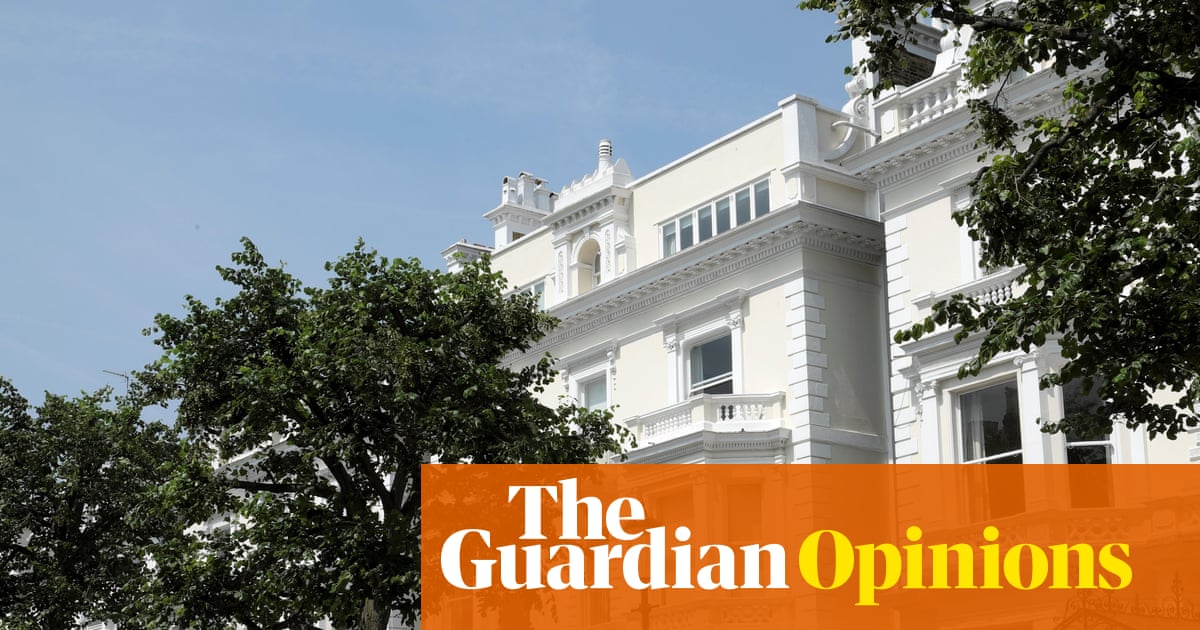Key events Show key events only Please turn on JavaScript to use this feature
Cool reactions to EU's draft budget set tone for months ahead
One other thing to watch at this morning meeting of EU ministers in Brussels is the national reactions to the European Commission’s draft budget for 2028-2034.

German chancellor Friedrich Merz made it very clear last night that he was not happy with parts of it, particularly with the proposal to tax EU businesses as he regularly criticises burdens already placed on companies.
Politico reported that he is not alone in this and others, including the Netherlands, were very much of the same view.
Merz is set to give a press conference in Berlin in the next hour, and no doubt will be asked about it again, so I will keep an eye on this.
France’s Europe minister Benjamin Haddad said this morning that while Paris absolutely backed the idea of “an ambitious budget” to “give ourselves the means to act in this crucial moment,” it, too, had some issues with it, particularly when it comes to proposed changes to farming subsidies.
“The devil will be in the detail,” he said, which is usually diplospeak for “well, we need to tweak some things.”
Denmark’s Marie Bjerre said the Danish presidency was keen to progress budgetary discussions “as far as we can” this autumn, and to get these talks started this morning.
But she acknowledged it’s not going to be an easy task, when asked about different – often conflicting – views coming from various capitals.
“This is the commission proposal, and it is no surprise that there are different opinions among member states. Now we will facilitate that debate, and I think it’s very good that we have it already now, only two days after it being presented,” she said.
What's in the 18th package of sanctions against Russia?
Among the key measures in the adopted package of sanctions is the decision to lower the G7 price gap for crude oil from $60 to $47.6 per barrel, reducing Russia’s revenues from this source.
It also includes a ban on refined petroleum products made from Russian crude oil obtained in a third country to close an existing loophole.
Furthermore, new transactions related to Nord Stream systems are now banned, and over 100 new vessels are now banned from accessing ports and ship-to-ship transfers in the bloc, with the total rising to more than 400.
There are also separate financial and trade measures, including a further expansion of the export ban on dual-use and advanced technology.
An EU diplomat argued the package will be “strong and effective,” and sends “a very strong signal to Russia that Europe stands with Ukraine, together with partners and allies.”
Ukraine's Zelenskyy welcomes 'essential, timely' EU decision on sanctions
Ukrainian president Volodymyr Zelenskyy also welcomed the new package of sanctions, thanking EU leadership for getting it over the line.
He said:
“This decision is essential and timely, especially now, as a response to the fact that Russia has intensified the brutality of the strikes on our cities and villages.
The 18th sanctions package continues to target Russia’s tanker fleet – not only the vessels themselves, but also the captains of the shadow fleet and the companies enabling such oil-financed acts of killing. We will continue applying this pressure.
The European Union is also imposing a stricter price cap on Russian oil – around $46 per barrel. In coordination with other global partners, we will continue working to ensure that the price cap truly cuts Russia’s revenues.
This is possible. We already know how to effectively exert this pressure.
I would also like to highlight the EU’s decision to ban all transactions related to the gas pipelines of the Nord Stream system, the construction of which was part of Putin’s preparation for the full-scale war.
All infrastructure of Russia’s war must be blocked.
We are promptly preparing the synchronisation of European sanctions in Ukraine, and we are also preparing new sanctions decisions, both at the level of partners and within Ukrainian jurisdiction.”
Ukraine welcomes sanctions, says 'there is more to be done'
Ukraine’s new prime minister, Yulia Svyrydenko, has just reacted to the adoption of sanctions, thanking member states for progress, but also insisting “there is more to be done.”
She said:
“We welcome the European Union’s latest sanctions package and are grateful to all who have made it possible.
By targeting the ships, the banks, and the networks that sustain Russia’s war, this package strengthens the pressure where it counts.
There is more to be done. But each measure taken with clarity and resolve helps bring Russia’s war closer to its end.”
18th package of EU sanctions on Russia formally adopted, Denmark confirms
And Denmark, which holds the rotating presidency of the EU, has just confirmed that EU ministers have formally signed off on the 18th package of sanctions against Russia.
Danish foreign minister Lars Løkke Rasmussen said:
“Now we tighten the knot on Russia by targeting energy revenues, exports, circumvention, and shadow fleet. Under the Danish Presidency, the EU adopted its 18th sanctions package that will increase the pressure on Russia.”
France’s Europe minister Benjamin Haddad also welcomed the progress made on sanctions, saying it was “extremely ambitious” and hits “Russia’s energy sector” to defund its war efforts in Ukraine.
He stressed the need to “increase the pressure on Russia” by both military aid and economic pressure, saying this package of sanctions was “a massive step forward.”
He said there was a “considerable diplomatic effort” behind the scenes to get them over the line, and stressed this will continue to support Ukraine as “it is the security of all Europeans that is at stake.”
Danish Europe minister Marie Bjerre said the sanctions were an important element of the EU’s effort “to weaken the Russian war machine.”
“I am very happy that it looks like we will now, today, reach consensus,” she said.
Luxembourgish deputy prime minister and foreign minister Xavier Bettel said he was happy with the adoption, saying “usually Hungary is the troublemaker, and this time [it was] Slovakia.”
But he added that while “it’s a pity we were not able to agree on Tuesday, it’s [still] this week.”
“What is important to show that even if we sometimes have national [differences], we have European solutions,” he said.
Andriy Yermak, the most senior aide to Ukrainian president Volodymyr Zelenskyy, offered Ukraine’s (brief) response to the sanctions in his customary emoji-heavy way, by replying to Kallas’s comments with two emojis: of a handshake, and of a flexed muscle.
I think that means he’s happy with the outcome.
Morning opening: EU adopts new sanctions against Russia

Jakub Krupa
It has taken a bit longer than they would have wanted, but the 18th EU package of sanctions is here, after Slovakia dropped its opposition to its adoption last night.
The Slovak prime minister, Robert Fico, said late Thursday that he received additional guarantees from the EU on the technically unrelated, but politically linked, issue of gas imports from Russia and was now prepared to support the package.
After a hastily convened meeting of ambassadors this morning adopted the measures, EU’s foreign policy chief Kaja Kallas said it was ”one of … strongest sanctions packages against Russia to date.”
She explained:
“We’re cutting the Kremlin’s war budget further, going after 105 more shadow fleet ships, their enablers, and limiting Russian banks’ access to funding.
Nord Stream pipelines will be banned. A lower oil price cap. We are putting more pressure on Russia’s military industry, Chinese banks that enables sanctions evasion, and blocking tech exports used in drones.
For the first time, we’re designating a flag registry and the biggest Rosneft refinery in India. Our sanctions also hit those indoctrinating Ukrainian children. We will keep raising the costs, so stopping the aggression becomes the only path forward for Moscow.”
European Commission president Ursula von der Leyen added:
“We are striking at the heart of Russia’s war machine.
Targeting its banking, energy and military-industrial sectors and including a new dynamic oil price cap.
The pressure is on.
It will stay on until Putin ends this war.”
EU ministers from across the bloc are just arriving for today’s General Affairs Council in Brussels, so we will no doubt get more reactions soon.
I will bring you all key updates from across Europe today.
It’s Friday, 18 July 2025, it’s Jakub Krupa here, and this is Europe Live.
Good morning.

 4 hours ago
3
4 hours ago
3
